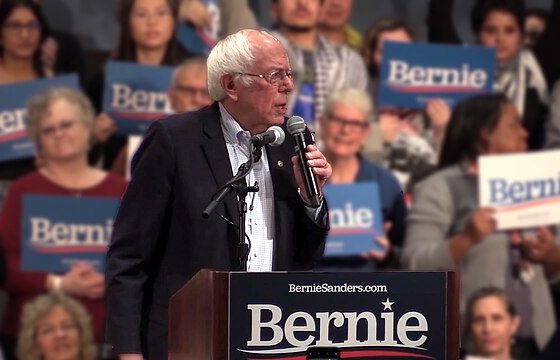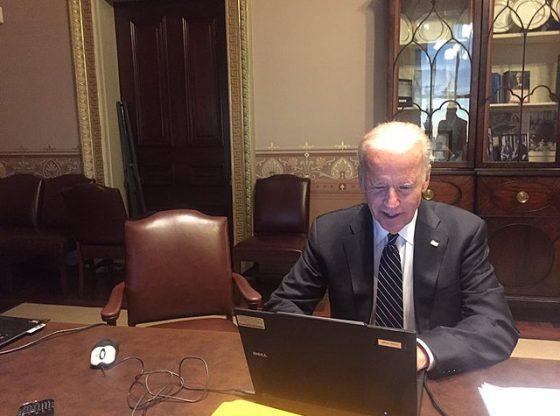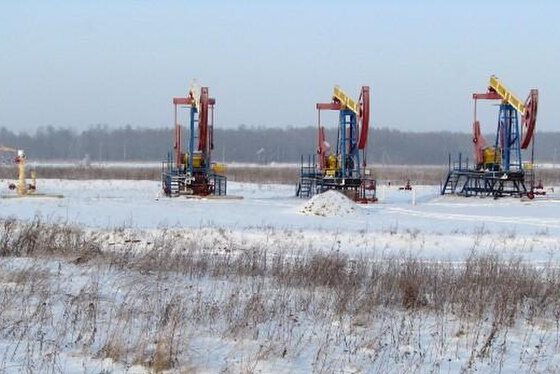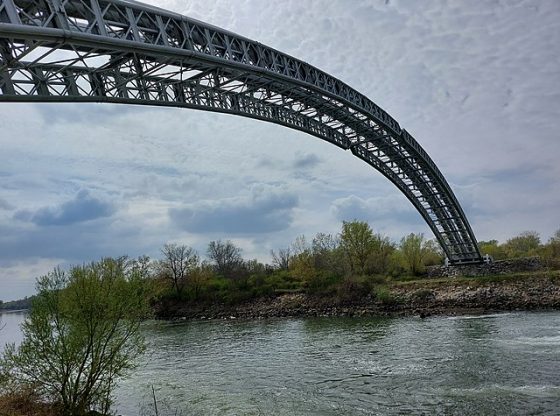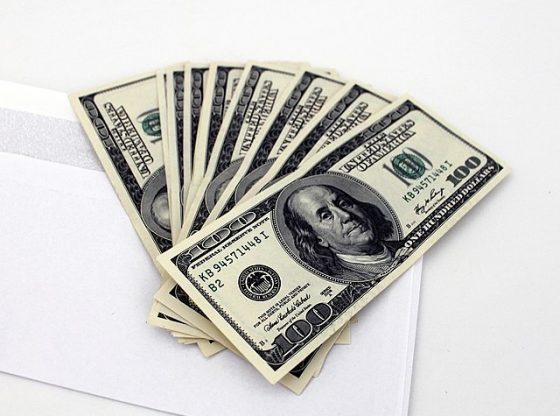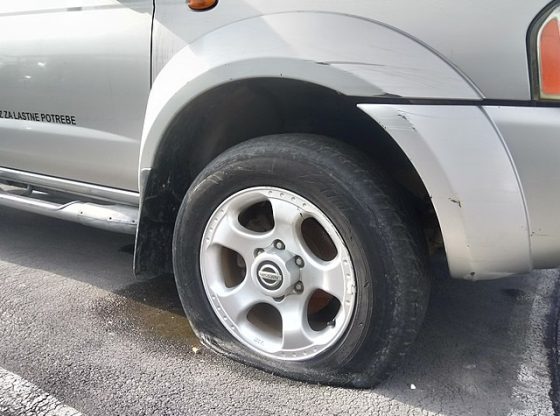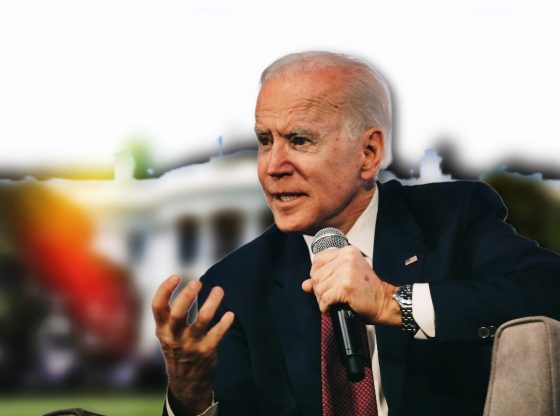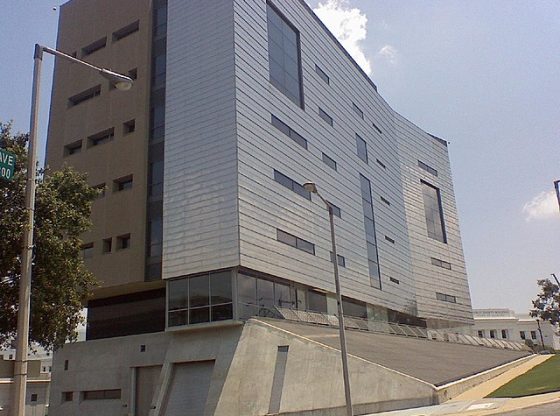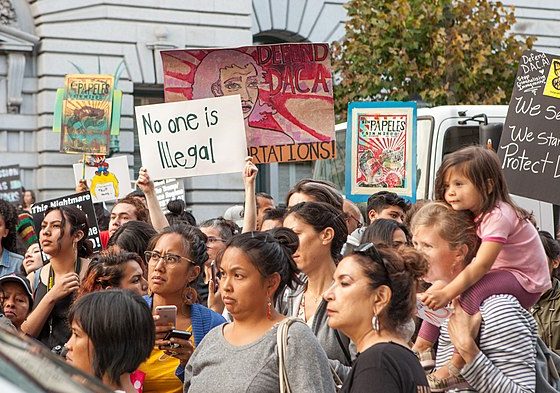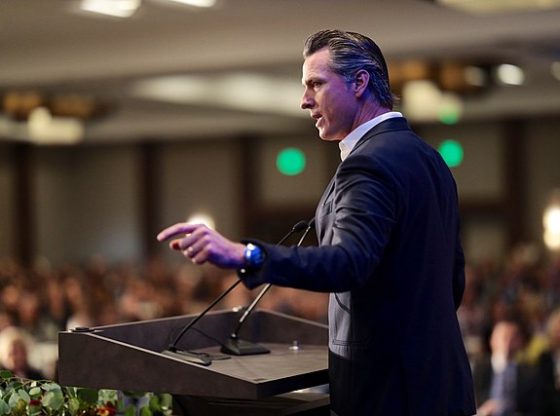The Biden administration locked in weakened fuel economy standards on Friday, but some experts are still describing the final version as stringent and designed specifically to force electric vehicles (EVs) on Americans who may not otherwise want them.
The National Highway Traffic Safety Administration (NHTSA) unveiled its final update for the Corporate Average Fuel Economy (CAFE) standards on Friday, trimming down some of the proposal’s excesses while keeping other aspects unchanged or very similar. However, the final rules are still likely to be onerous for consumers and to further the Biden administration’s push to massively increase the share of EVs on America’s roads in the coming decade, according to market experts who spoke with the Daily Caller News Foundation.
The government sets CAFE standards to require manufacturers to reach certain fleet-wide average fuel economies for their vehicles, according to the agency. The American Fuel and Petrochemical Manufacturers’ Association, which has opposed the Biden administration’s EV agenda, characterized Friday’s rulemaking as still “another policy aimed at banning most new gas cars.”
The final action announced Friday will require American manufacturers to reach a fleet-wide average of approximately 50 miles per gallon (mpg) by model year 2031, according to NHTSA. The initial proposal called for producers to reach a 58 mpg average by 2032, a goal so ambitious that Institute for Energy Research Senior Fellow Dan Kish described it at the time as a de facto “EV mandate.”
“They can backpedal to try to save some face, but that doesn’t change what the ultimate objective is,” Tom Pyle, the president of the American Energy Alliance, told the DCNF. “When you start with a rule that is impossible to comply with, and then issue a final rule that is slightly less impossible, it doesn’t change the fact that you’re taking away choices from American consumers and families as to what cars will be available to them in the future.”
Pyle further characterized the final rulemaking as a “gimmick” designed to make the Biden administration look reasonable.
Additionally, NHTSA’s final CAFE update also will require manufacturers to increase the efficiency of their heavy-duty pickups and vans by 10% annually between model years 2030 and 2032, and then 8% from model year 2032 to model year 2035, according to the agency. NHTSA asserts that its latest CAFE update will spare 70 billion gallons of gas and avoid over 710 million tons of carbon dioxide emissions over time.
“Because the government, literally, through CAFE standards, is telling manufacturers, ‘If your fleet-wide average fuel economy is not adequate, we are going to bring down the hammer on you,’” OH Skinner, executive director of the Alliance for Consumers, told the DCNF. “Shock of all shocks, the car companies react by jacking up the price on the desirable gas powered cars that hold a family of six, and just bailing as much water as they can to move the requisite number of tiny electric compliance cars that nobody wants. CAFE standards, more than any other set of rules, explains why people have sticker shock when they go to get the cars they need.”
Beyond the NHTSA CAFE rules, the Biden administration has also promulgated stringent tailpipe emissions rules via the Environmental Protection Agency (EPA), which critics have similarly described as akin to an “EV mandate.” The administration has also spent billions of dollars on various infrastructure projects and upgrades meant to facilitate EV adoption and production.
However, these efforts do not presently appear to have brought Americans fully on board with buying an EV, as a recent poll by The Associated Press found that only about 20% of Americans are extremely excited about purchasing one the next time they go car shopping.
NHTSA did not respond immediately to a request for comment.



